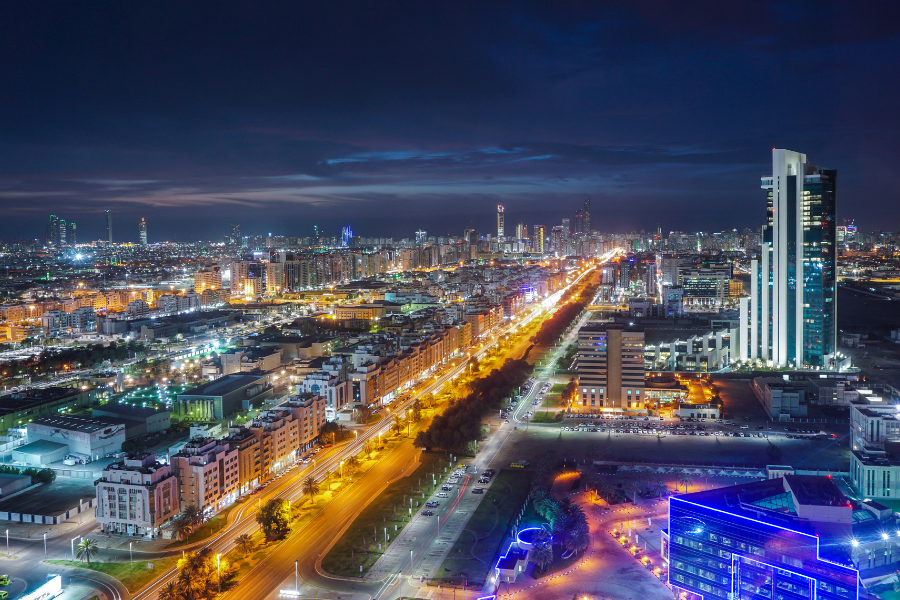As the Accelerating to Zero Coalition looks to expand the impact and adoption of the ZEV Declaration, a recent roundtable event, hosted on the sidelines of the Electric Vehicle Innovation Summit (EVIS) in Abu Dhabi, attracted representatives from across the private sector in the Middle East region.
The aim of the roundtable was to raise awareness about the Declaration, highlight the importance of committing to its momentous pledge, and to showcase the work of existing signatories as models for success. Speakers represented a collection of corporate signatories, including Octopus Electric Vehicles, Lotus Cars, Emirates Global Motor Electric, and Valeo, who each shared insights about their current progress towards their commitment and the transition to ZEVs.
According to research conducted by the International Council on Clean Transportation on behalf of the Zero Emission Vehicles Transition Council, an accelerated global transition to ZEVs offers a feasible pathway to put road transport emissions below a 2°C trajectory by 2050. If more countries align policies with 100% light-duty (as outlined in the ZEV Declaration) and heavy-duty zero-emission vehicle sales by 2035 and 2040 – along with consistent interim targets – we can achieve a 2°C emissions trajectory. Reducing the gap with a 1.5°C trajectory will require additional “avoid and shift” policies and other creative measures.
The Middle East region is a key player in the global transition to ZEVs. The region is home to some of the largest oil-producing countries in the world and has traditionally been heavily reliant on fossil fuels for transportation. However, in recent years, governments and businesses in the Middle East have begun to recognize the importance of transitioning to ZEVs to reduce greenhouse gas emissions and improve air quality.
Several countries in the Middle East, including the United Arab Emirates (UAE), Saudi Arabia, and Qatar, have set targets for the adoption of ZEVs. For example, the UAE has set a target of having 50% of all new cars sold in the country be electric by 2050, while Saudi Arabia plans to have 1 million EVs on its roads by 2030. Despite this progress, there is still a long way to go to achieve the targets set out in the ZEV Declaration. Signing the declaration and committing to its targets can help to provide a clear signal to the market that there is demand for ZEVs in the Middle East and can help to drive investment and innovation in the sector.
As host of COP28 this November, the UAE has an opportunity to showcase its commitment to reducing greenhouse gas emissions and promoting sustainable transportation. By committing to the ZEV Declaration and working towards its targets, governments and businesses in the Middle East region can demonstrate their leadership in the fight against climate change and help to create a more sustainable future for all.

